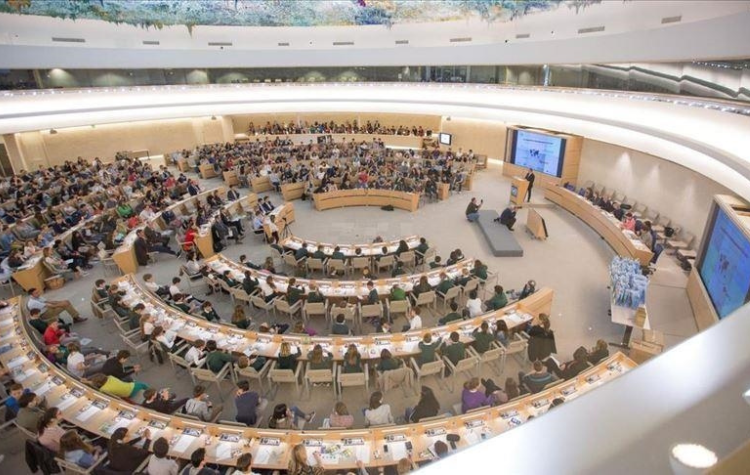50th regular session of the UN Human Rights Council
Item 3: Interactive Dialogue with the Special Rapporteur on extreme poverty and human rights
Delivered by Rabina G. Rasaily
On behalf of Asian Forum for Human Rights and Development (FORUM-ASIA)
24 June 2022
Mr. President,
We welcome the report of the Special Rapporteur’s official visit to Nepal.
As the report rightly noted, “Discrimination is the single most important factor in explaining why Dalit people are disproportionately affected by poverty”, 42 percent among the Dalit community – far above the national poverty rate of 25 percent. This poverty reflects on many other life instances, including the underrepresentation of Dalits and Mahadeshis in vocational training and the gender insensitivity in school practices.
We are particularly concerned about the Special Rapporteur’s observations about the continuing practice of debt bondage and bonded labour. Discriminatory and exclusionary attitudes of the government towards Dalit and indigenous communities is one of the main factors that perpetuate the practice of bonded labour. Despite the formal prohibition of the practice with the adoption of the Bonded Labour (Prohibition) Act in 2002, the authorities have failed to enforce the law to free especially these communities, the majority of whom are Dalits, from debt bondage.
Such discriminatory practices including unequal application of laws, lack of access to essential services and denial of basic safeguards against rights violations make it impossible for Dalits and other minority communities to break from intergenerational cycles of poverty and exclusion.
We call on Nepal to implement in good faith the recommendations of the Special Rapporteur, and to seek assistance from the mandate and other UN human rights experts in this regard.
Thank you
**
For the PDF version of this statement, click here



